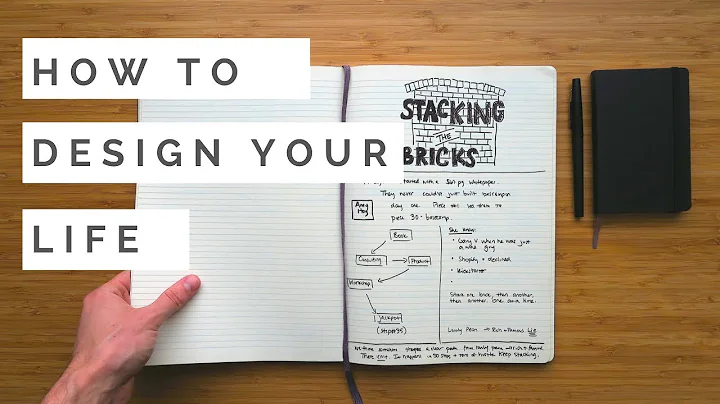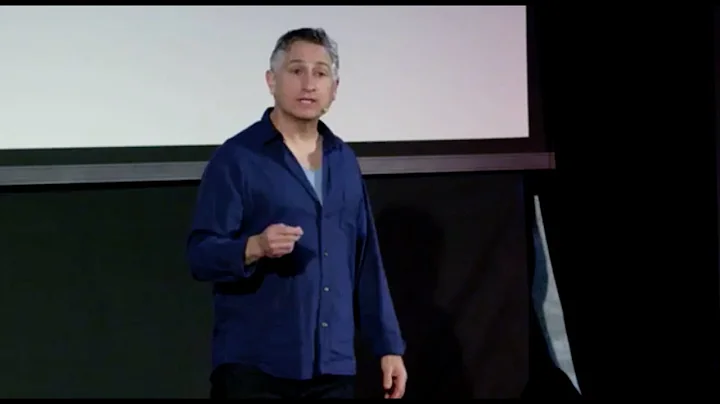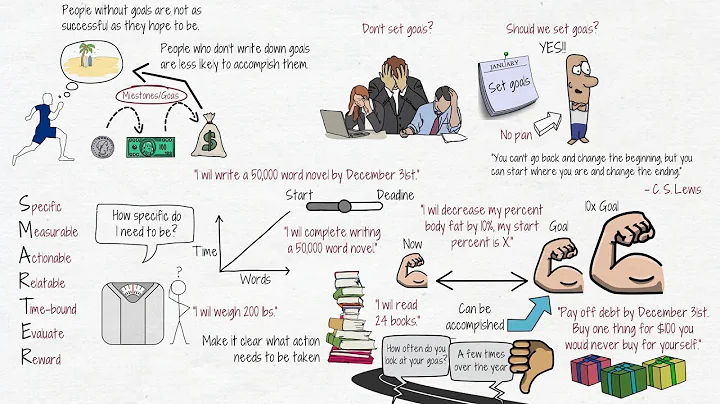1. Identify and decide on the positive life changes you want and explore the benefits broadly.
Simple goal setting can be very helpful in deciding the changes you really want to experience.
Think deeply. Start by identifying the changes you want, then prioritize them.
If there's no emotional reason why you want to make certain changes in the first place, it'll be more difficult to try to maintain the habit.
Your brain always works in a way that makes you safe, relaxed, and happy. Use this knowledge to your advantage.
Expect to feel uncomfortable doing something different than what you are used to. This is normal. So are those lame excuses and reasons that immediately come to mind to hold you back.
acknowledges these, but does not resist them. Respect their voices and, moreover, purposefully explore broadly the benefits you will experience. Identify the immediate and secondary (delayed) benefits and write them all down.

An example of a new habit might be waking up early and meditating. We might think of these benefits:
- My mind feels clearer. (IMMEDIATE BENEFITS)
- I have a sense of calm. (IMMEDIATE BENEFITS)
- The rest of my time becomes more manageable. (Secondary Benefit)
- The pain in my shoulder is gone. (Benefit Immediately)
- Ideas and answers come to me freely. (direct and secondary benefits)
- My mind works faster and faster; when I slow down, I can actually speed up. (Secondary Interest)
- I see possibilities that I normally don’t see under pressure. (Secondary Benefits)
The more immediate benefits you can identify, the easier it will be to change your habits because your brain will love them!
2. Make sure the goals and changes you choose are your own.
It is possible to choose the wrong habits to change. Knowing that others have found a diet plan that works great for them doesn't mean they should do the same. Trying to lose a few pounds because your partner says you should ring a bell too.
Resist the crowds and motivations of being forced to follow other people's agendas and take the time to figure out what changes you want to experience in your life.
Research shows time and time again that when you set your own goals, you are more likely to stick to them.
It's your life, so take control and choose your own adventure.

3. Identify the behavior that will bring you the change you want, and then choose one.
Make an informed choice. There are many ways to exercise and lose weight, and there are many frameworks to help you organize your time better and manage your money better. The key is to choose something that resonates with you positively and has a strong element of fun.
If you choose something more associated with punishment and delayed gratification, it will be more difficult and less likely to stick to your new habits.
Choose a habit to change and become good at it. Keep mastering it and make it second nature, it doesn't feel right to not do it.
Your initial job is to become a master of the change process. When you do this, the results will speak for themselves.

4. Change your life through small habit adjustments, not through punishment or denial.
If you are looking to make big changes, when you fall, you fall deeper emotionally and spiritually.
Denying your own happiness has created a negative perception of the new habit you are trying to establish; you are sacrificing a guilty pleasure habit for a new habit.
Don't think about completely changing a habit. Reconstruct it step by step, step by step.
Using the previous meditation example, let's say you want to add meditation to help relieve anxiety.If your morning routine is already busy, see if you can pair it with other behaviors you already do:
When I shower (trigger), I stand still for twenty seconds with my eyes closed, letting any The thought comes into my head, come on;
I close my eyes, brush my teeth gently (trigger), focusing on each quadrant of my mouth for 30 seconds;
When I wake up (trigger), I sit in bed, Close your eyes, deepen and slow your breathing for ten cycles
It's much easier and faster to do one of the above than to light a candle, sit in lotus pose, turn on calming music and try meditating for 10 minutes.
Our brains always have trouble adjusting to big, unfamiliar changes, even if we know they're good for us. Make a small change to your existing trigger , modify your routine slightly, and make it the focus of the week.

5. Choose something easy to get started with.
Prioritizing the changes and new habits you want to make is not as easy as you think.
Do you start with exercise or focus on replacing it with coffee and cookies in the afternoon? Do you do both? Are you working on getting off work on time instead of leaving an extra ½ hour each day?
We are drawn to the vicarious pressures of changing work demands, our children getting sick, friends or extended family going through challenging times.
Start small and choose to start with something you have complete control over, despite the curve balls life may throw at you.
Using the morning meditation example again, if you have young children getting ready for school, it’s ridiculous to think you’ll have uninterrupted time in the morning. Your morning coffee break might be a better time to enjoy 2-3 minutes of uninterrupted time. If your workplace allows it, play a calming, lyrical tune at your workstation and put on your headphones for 2 minutes.

Changing your life is easy, one step at a time.
6. Strengthen and stabilize your new habits by increasing your focus on them.
makes your new habit easier to stick to by adding attention and attention to it.
talk about it. Talk about it with friends, family, and colleagues. Talk to your neighbors.
write it down. Read and actively seek out people who have successfully changed this habit. Create a community you can plug into that supports the changes you want to try and create.
When you fall off the bandwagon, acknowledge and accept it. If you keep falling behind, check your triggers and modified routines. Adjusting them may help.
Maybe you need to create some variety. It's likely that your original existing/new behavior pairing no longer gives you the satisfaction you originally had. It might be time to mix things up.
If you want to increase your activity—for example, starting with a gentle walk—you can start by taking the three flights of steps to the third floor, then take the elevator to the fifth floor, where your workspace is located.
If you want to avoid having that energetic morning conversation with your work colleague at all costs, it might just spark extra motivation to make all five flights!
Eventually, you become bored again.
Then, when the lunch alarm you set for yourself chimes sweetly at 1:00 PM, you might take a 10-minute walk outside. You feel the air on your face, see the sky, and see different scenes.
You'll feel more energized when you come back from lunch, while your coworkers are falling victim to the post-meal dip from eating lunch at their desks.
is good at creating interesting little modifications. The magic of great life changes comes from small habit changes.

7. Reward yourself every time you implement a new behavior
Celebrate all your wins! No matter how trivial it may seem, anchoring a positive experience will help burn into your brain the pleasant memory that your new habit is something you want to continue doing.
Immerse yourself in that celebratory feeling to help you with your new habits.Swim in it like you've been in the bathwater for too long until your finger pads turn into plums. Tell your brain that this is a good thing!
When you develop a new habit, notice how you feel about yourself while doing it. Increase dedicated, purposeful recall of this.
Over time, your brain will guide you to maintain this habit, you will feel better for it, and one day you will find that your life looks completely different. When you look back, it wasn't as hard as you thought.






















